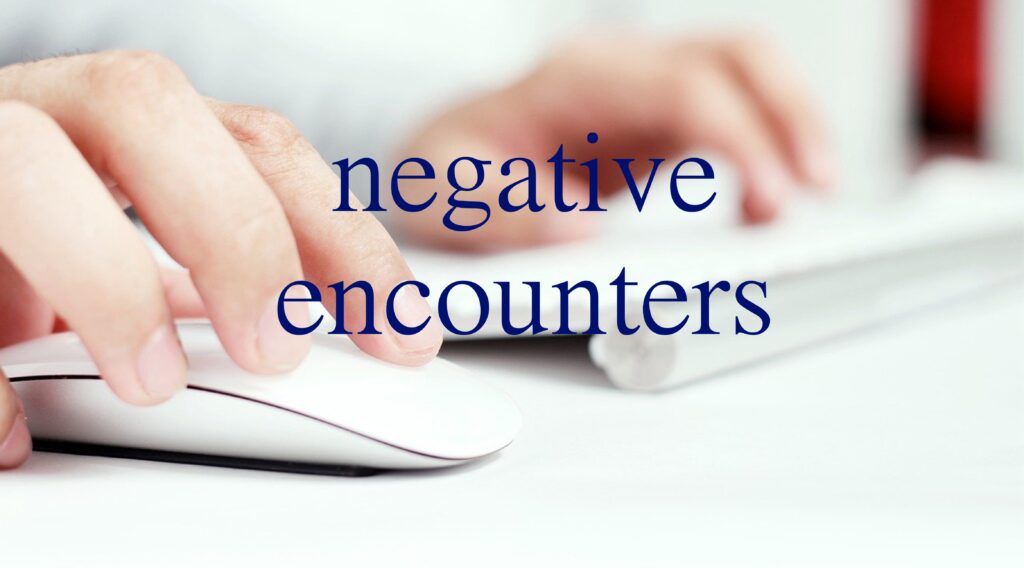In a recent JAMA Network article covering the COVID-19 pandemic, 23.3% of physicians reported personal attacks on social media. Online bullying and social media harassment are nothing new, but this behavior, plus considerable misinformation, makes disseminating helpful, accurate content an ongoing challenge. This trend, which started with politically charged COVID-19 vaccine misinformation, has spread in other areas of medicine, including pituitary disease.
The numbers are troublesome. According to two recent studies conducted by the Pew Research Center in the US in 2017 and 2021, four in ten adults have been harassed online, 25 percent of those severely; one in five reports being harassed for their political views; and while it can happen anywhere online, social media is by far the most common venue cited. The Pew Center describes harassment as offensive name-calling, purposeful embarrassment, stalking, physical threats, harassment over a sustained period, and sexual harassment.
It is safe to say online abuse is pervasive, and it happens to everyone, including group advocate leaders and healthcare professionals, who share their knowledge online for no other reason than to help. And the indications are that it’s getting worse. We agree. Moreover, most observers believe social media companies are doing a poor job dealing with it and that they should be liable for the behavior of some of their users.
I asked PWN co-founder Dr. Lewis Blevins to give us his online experiences. Here are his comments:
“I’ve practiced medicine for over 30 years and must say that harassment was exceptionally rare, but it seems all too common these days.
I’ve experienced harassment directed at me and witnessed harassment directed at others in various online support groups. Generally, those harassing others are bullies, closed-minded, and unwilling to accept the opinions and experiences of others. Social media platforms allow them to hide behind their computer screens and keyboards without fear of retribution. I have removed myself from the online support groups, including three for physicians, given the abusive tone of some of the participants towards others. As the old saying goes, “It only takes one apple to spoil the entire bushel.”
I’ve also experienced and witnessed harassment by patients of physicians and other healthcare providers and professionals. Sometimes, patients are simply unwilling to accept that a provider delivers an opinion based on evidence, impressions, and experience. That doesn’t mean the provider is always right, but generally, it is an honest-to-goodness opinion regarding a matter for which one has sought attention. How can you fight someone for giving an honest opinion? Unfortunately, however, and yet fortunately uncommonly, some patients will lash out if they are told something that does not agree with what they have been led to believe by social media, inexperienced physicians, etc. I understand that patients can be frustrated, not feeling well, and simply want answers and treatment, but harassing a provider is inappropriate, and it’s certainly not going to lead to a satisfying patient-doctor relationship and get those people what they want in the end.
I’ve had some remarkably unbelievable and unexpected experiences with harassment from patients who have attempted to dictate their healthcare regarding diagnostic tests and therapeutic choices. I have learned not to tolerate it as I used to when I was a younger physician. I am quick to dismiss patients for harassment of me and my staff. They must seek evaluation and care elsewhere. Interestingly, many of these patients have been dismissed by one or more medical practices before wreaking havoc in our practice.
Bullies will always be bullies. It has been a problem in society since the beginning of time. Social media has contributed to the rise in physician reporting of online harassment. I strongly advise patients to be careful what they write about people. There’s nothing wrong with describing the care you have received, but if one does so in a denigrating way, it could be construed as harassment or slander. I’ve seen it online. I’ve heard physicians filing lawsuits and being awarded settlements because of online slander. In this day and age, it’s time to back off and be careful what we say and especially if we have something negative to say. Follow my mother’s advice: “If you don’t have anything nice to say, then don’t say anything at all.”
“The Social Media Conundrum,” an article recently published by PWN editors, discusses how social media algorithms can restrict the information you see. If you are on social media, follow us on Facebook, Twitter, Instagram, YouTube, and LinkedIn, and Subscribe to Pituitary World News to receive an email message every time we publish a new article. The subscription is free. Click here to SUBSCRIBE.
Any thoughts or experiences?
Click here to participate in a brief poll.
© 2023, Pituitary World News. All rights reserved.
